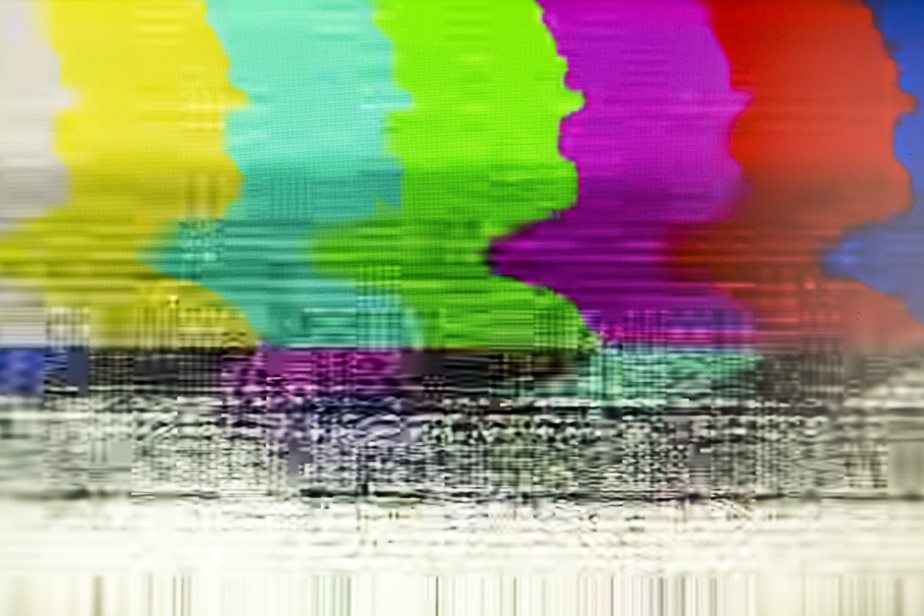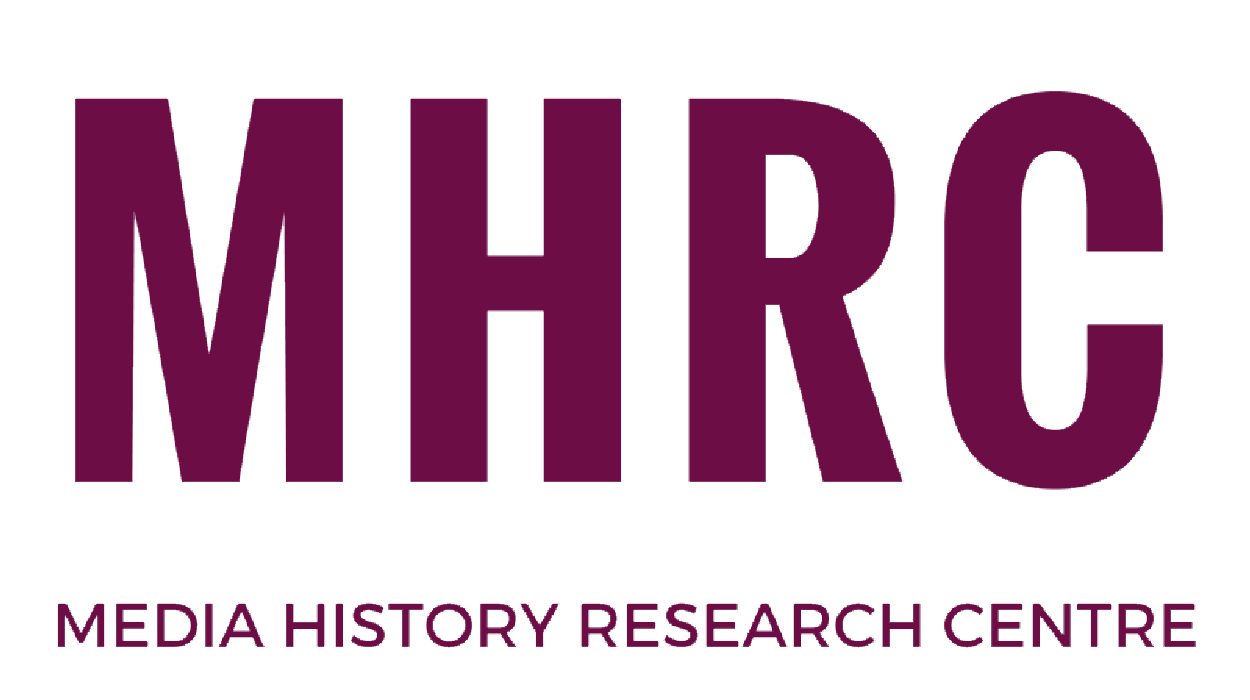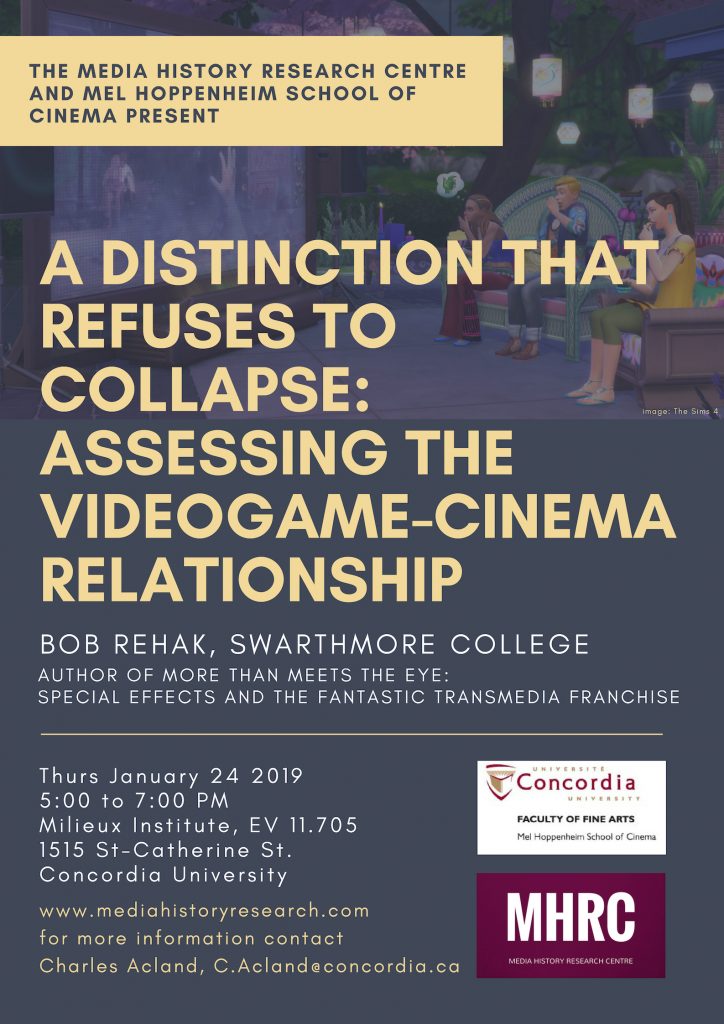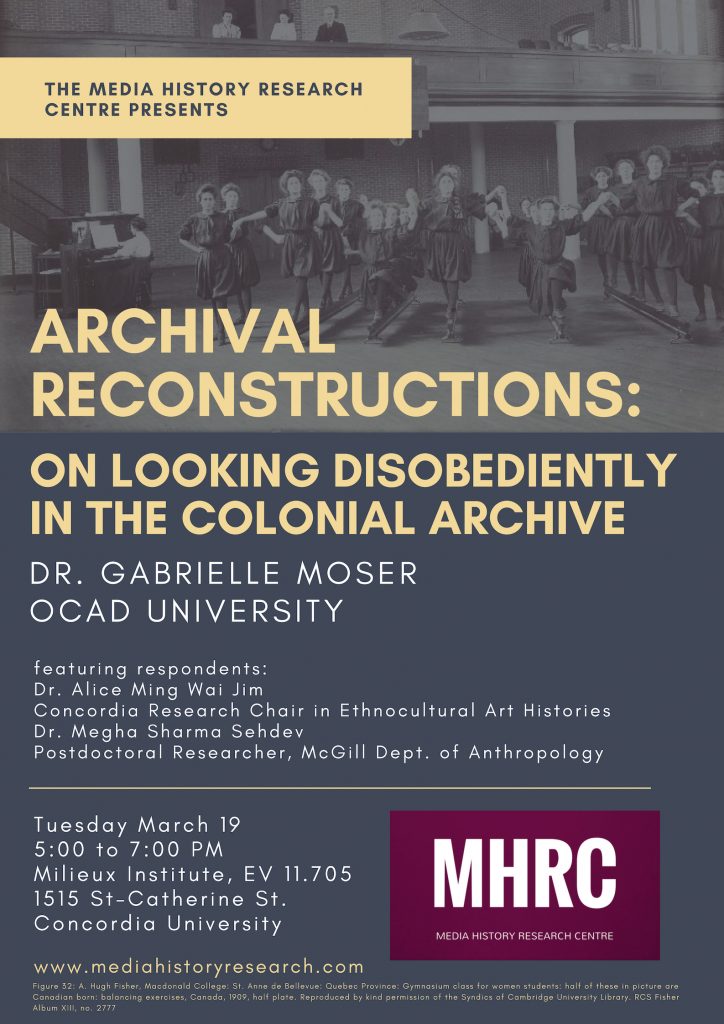Archival Reconstructions: On Looking Disobediently in the Colonial Archive | Gabrielle Moser
“In Projecting Citizenship, Gabrielle Moser gives a comprehensive account of an unusual project produced by the British government’s Colonial Office Visual Instruction Committee at the beginning of the twentieth century—a series of landern slide lectures that combined geography education and photography to teach schoolchildren around the world what it meant to look and to feel like an imperial citizen.
Through detailed archival research and close readings, Moser elucidates the impact of this vast collection of photographs documenting the land and peoples of the British Empire, circulated between 1902 and 1945 in classrooms from Canada to Hong Kong, from the West Indies to Australia. Moser argues that these photographs played a central role in the invention and representation of imperial citizenship. She shows how citizenship became a photographable and teachable subject by tracing the intended readings of the images that the committee hoped to impart to viewers and analyzing how spectators may have used their encounters with these photographs for protest and resistance. Moser shows how the Visual Instruction Committee pictured citizenship within an everyday context and decenters the preoccupation with trauma, violence, atrocity, and conflict that characterizes much of the theoretical literature on visual citizenship and demonstrates that the relationship between photography and citizenship emerged not in the dismantling of modern colonialism but in its consolidation.
Interweaving political and economic history, history of pedagogy, and theories of citizenship with a consideration of the aesthetic and affective dimensions of viewing the lectures, Projecting Citizenship offers important insights into the social inequalities and visual language of colonial rule.”
This talk will feature respondents Dr. Alice Ming Wai Jim (Concordia University Research Chair in Ethnocultural Art Histories) and Dr. Megha Sharma Sehdev (Postdoctoral Researcher, McGill Dept. of Anthropology).
Gabrielle Moser is a writer, educator and independent curator. She is the author of Projecting Citizenship: Photography and Belonging in the British Empire (Penn State UP, 2019) and her writing appears in venues including Artforum, Canadian Art, Journal of Visual Culture, Photography & Culture, and Prefix Photo. Moser has held fellowships at the Paul Mellon Centre for the Study of British Art, the Ryerson Image Centre, the University of British Columbia and was a Fulbright Visiting Scholar at Brown University in 2017. She holds a PhD from the art history and visual culture program at York University in Toronto, Canada and is an Assistant Professor in art history at OCAD University.
Tuesday March 19 | 5 – 7 PM
Milieux Institute EV 11.705
Concordia University
1515 St. Catherine St. W



